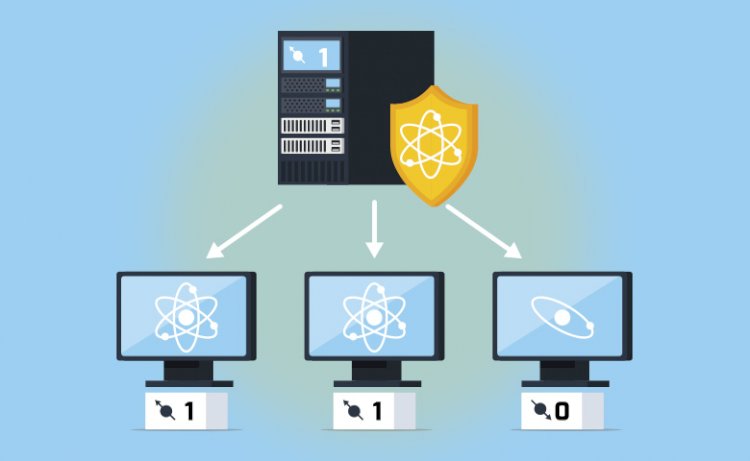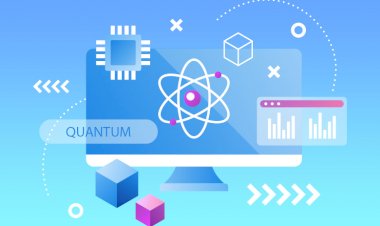Fundamentals of Quantum Computing

Comparison of quantum computing and classical computing, highlighting the benefits and drawbacks of each.
Understanding Quantum Computing.
A revolutionary technology called quantum computing has the power to completely alter a variety of sectors, including the financial sector. Quantum mechanics, a branch of physics that examines the behavior of matter and energy at extremely small scales, forms the foundation of quantum computing. Quantum computers, as opposed to classical computers, use quantum bits, or qubits, which can exist in multiple states simultaneously due to a phenomenon known as superposition.
Entanglement, a phenomenon in which two qubits can become connected in such a way that their states are always correlated, even when they are separated by a great distance, is another crucial aspect of quantum computing. This enables quantum computers to carry out specific calculations much more quickly and effectively than classical computers, particularly for issues involving large datasets and complex calculations.
However, quantum computing is not without its challenges and limitations. The difficulty of creating and maintaining quantum hardware, which calls for extremely specialized knowledge and abilities, is one of the biggest difficulties. Quantum computers also need specialized environments to operate in and are currently much more expensive than classical computers.
Despite these difficulties, quantum computing has the potential to revolutionize a variety of financial fields, such as asset pricing, risk management, and portfolio optimization.

 content-team
content-team 


















